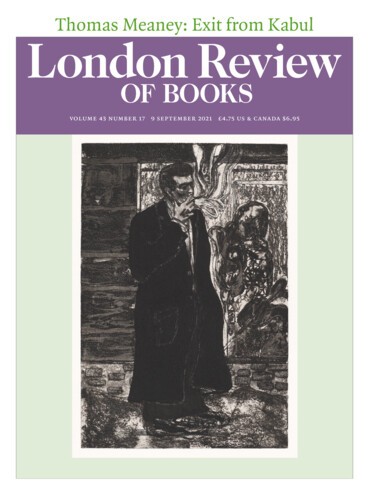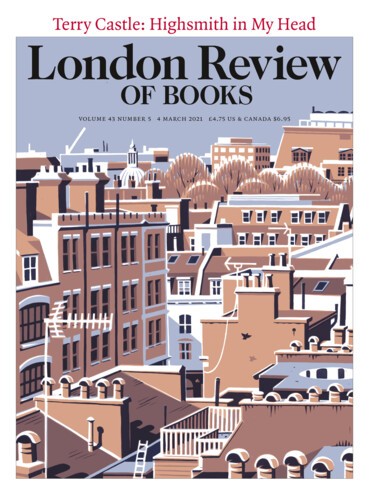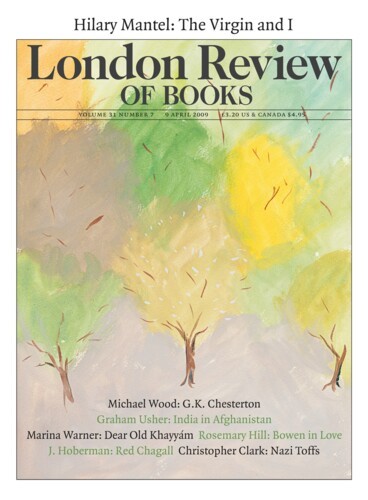John Foot
John Foot’s history of Italian fascism, Blood and Power, was published in 2022. He is finishing a book on the Red Brigades.
On the Barone
John Foot, 4 March 2021
In September the Uruguayan footballer Luis Suárez turned up at the Università per Stranieri in Perugia to take an Italian test. This tough language exam, a requirement for anybody seeking Italian citizenship, was introduced by Matteo Salvini, the far-right leader of the anti-immigrant Lega, when he was interior minister in 2019. Suárez passed. There were rumours that he...
Around fifteen years ago, a story emerged about Bartali’s activities during the Nazi occupation of Italy. It was said that the great cyclist had saved dozens, perhaps hundreds, perhaps even thousands of Jewish lives, by cycling the eighty-odd miles between Florence, where he lived, and Assisi, a node in an underground network that helped to protect Jews, with forged documents hidden in his bicycle frame.
On Sunday 13 February, more than a million Italians, most of them women, took to the streets to demand that Silvio Berlusconi resign. Their slogan was taken from Primo Levi: ‘If not now, when?’ Their theme song was Patti Smith’s ‘People Have the Power’. The demonstrations (which took place in 231 Italian cities, as well as in Tokyo, New York, London, Paris and Brussels) were organised, without official political backing, by a variety of groups including Il Popolo Viola (‘The Purple People’), a web-based youth network, established in December 2009 to campaign against Berlusconi and the political ‘caste’ governing Italy. Berlusconi’s resignation was not forthcoming. Instead, he looks set to be possibly the first prime minister of a democratic country to stand trial while still in office, charged with abuse of power and the ‘exploitation of underage prostitution’.[*] Berlusconi is still in a surprisingly strong position, domestically.
How should they remember it? War in the Alps
John Foot, 9 April 2009
Pinzolo is a sleepy Alpine resort in northern Italy, about an hour’s drive from Trento. Today, it is a prosperous place, living off winter and summer tourism, but for most of the last century this was an area of extreme poverty, and many of those who lived in the valley were forced to emigrate. There is a statue of a knife-grinder in the town, a monument to the job most of these...
Podcasts & Videos
Anthony Wilks's film traces the connections between the events of Eric Hobsbawm’s life and the history he told, from his teenage years in Germany and his communist membership, to the jazz clubs of 1950s...
Pieces about John Foot in the LRB
‘I’m not signing’: Franco Basaglia
Mike Jay, 8 September 2016
Franco Basaglia regarded the asylum itself as the problem. As a logical extension of the authoritarian society that had built it, it was irredeemable, and even an improved version – a ‘golden cage’...
Read anywhere with the London Review of Books app, available now from the App Store for Apple devices, Google Play for Android devices and Amazon for your Kindle Fire.
Sign up to our newsletter
For highlights from the latest issue, our archive and the blog, as well as news, events and exclusive promotions.




